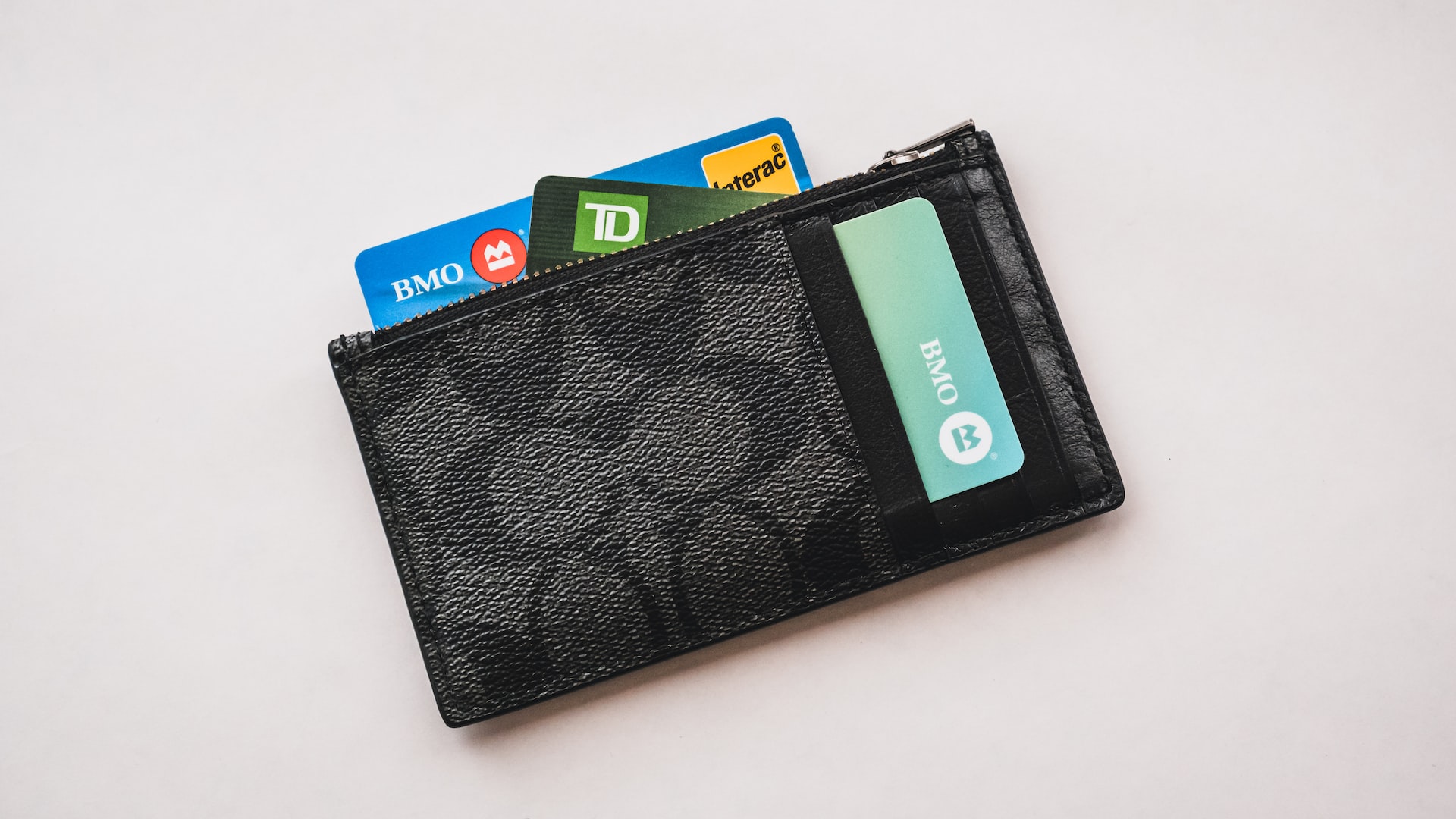Are you looking to get a debit card for your child? Or maybe you’re a student interested in getting your first debit card. Either way, it depends on the financial institution or online banking platform you select.
Keep reading to learn more about the age requirements, what to look for when evaluating debit cards, and a viable option for getting your first debit card.
What is the Minimum Age to Get a Debit Card?
In most instances, the minimum age to get a debit card is 13 years old. It’s typically offered in conjunction with a joint teen checking account with both the parent or legal guardian and the child listed. – also known as a joint account. However, you will find that some banks, credit unions, and online platforms offer debit cards to children as young as six years of age.
Check with the financial institution you’re considering to learn more about the age requirements. That way, you’ll know for sure how the eligibility requirements work with regard to debit cards for children and teenagers.
Is There a Right Time to Get a Debit Card?
It depends on your child’s age and their specific needs. However, a debit card could be ideal if:
- Your child knows how to budget and spend money wisely.
- Your child is starting a job soon and wants to receive your earnings via direct deposit.
- Your child wants to make online purchases or electronic payments for everyday and monthly expenses.
- Your child will be receiving an allowance on a consistent basis.
- You prefer that your child only use cash on an as-needed basis.
- You don’t want your child to visit the local branch of your bank or credit union to make a withdrawal every time they need cash.
- Your child is moving away to college soon and needs a way to easily access your funds without asking your parents to wire funds to you.
Things to Consider When Getting Your First Debit Card
It can be exciting for your child to get their first checking account and debit card. However, before moving forward, you should consider the following to ensure you select the best option.
Watch Out for Fees
If possible, avoid financial institutions that assess monthly maintenance fees, overdraft fees, statement fees or other fees. There are several that offer fee-free teen and student checking accounts, and they should be considered instead.
Take Advantage of Perks and Rewards
Does the bank or credit union offer incentives when using your debit card to make everyday purchases? Can you earn points or cash back as you accumulate points? Not all checking accounts come with this luxury, but those that do are worth considering.
Look Out for No Balance Requirements
You should also steer clear of checking accounts with minimum daily balance requirements. Otherwise, you could rack up hefty fees if the amount in your account falls below this threshold.
Protect Your Account from Overdraft Fees
Is overdraft protection available in the event that your child spends more than the amount available in their checking account? How much does the bank, credit union or online platform charge for this feature?
Check Enhanced Security Features
The bank you’re considering should also be backed by the Federal Deposit Insurance Corporation, which provides coverage for deposits of up to $250,000. If you’d prefer to open an account at a credit union, instead, it’s vital that they are federally insured to receive the same level of coverage for deposits through the National Credit Union Share Insurance Fund.
Get Access to Mobile Banking
Mobile banking should also be available through the website or mobile app. However, it’s equally important that it features an assortment of features that make managing and accessing your funds easier.
Where to Get Your First Debit Card
You can visit your local bank or credit union to open a checking account for your teen and get their first debit card. Generally, you need to be at least 18 years old to open a bank account in your name and get a debit card associated with that account. However, many banks offer options for minors—typically those aged 13 and older—to have a debit card linked to a joint account with a parent or guardian.
It’s essential to research and choose a bank that best fits your needs, especially if you are under 18. Understanding the features of the debit card, the importance of parental involvement, and safety measures will help you make informed decisions as you embark on your journey to responsible financial management.







